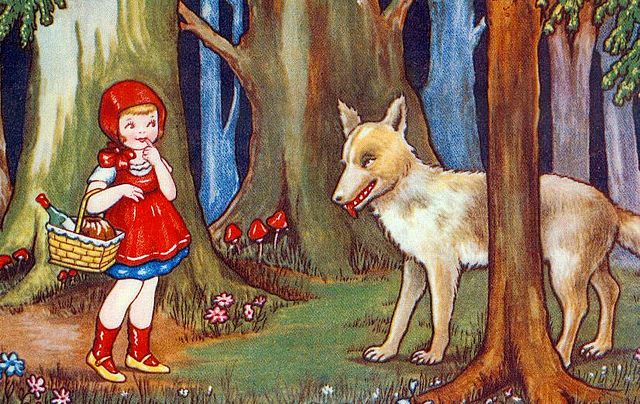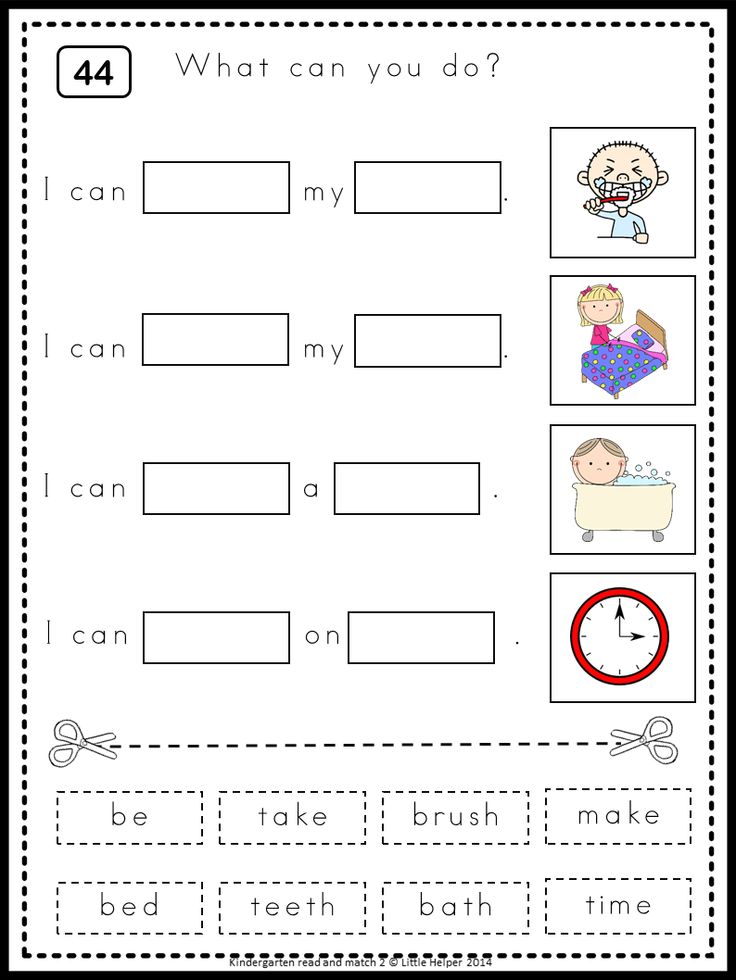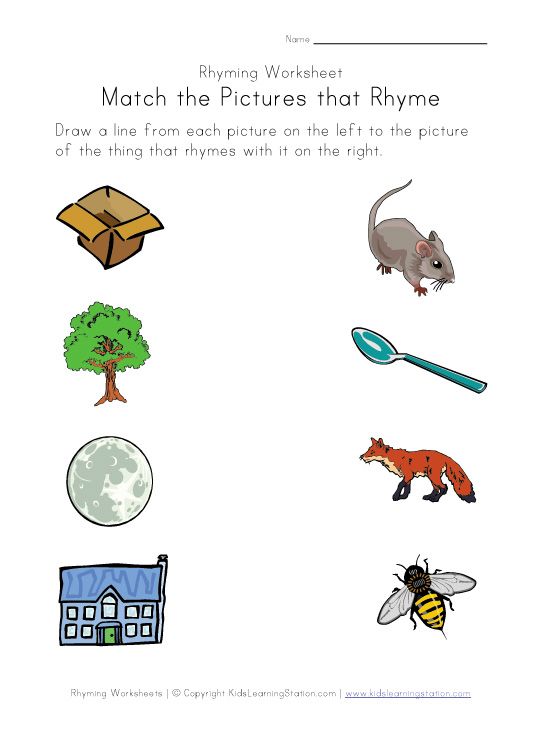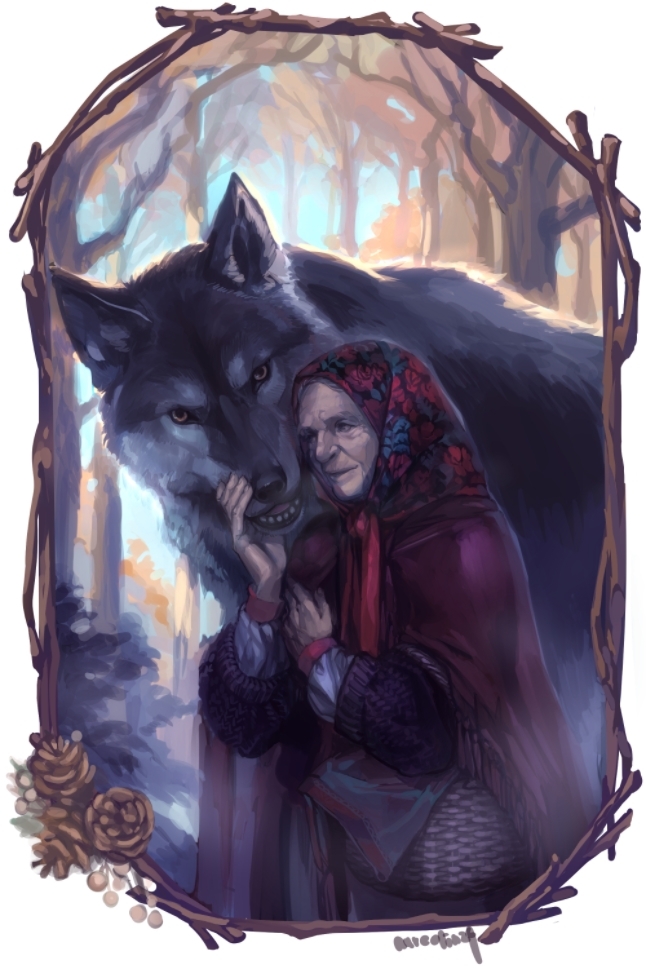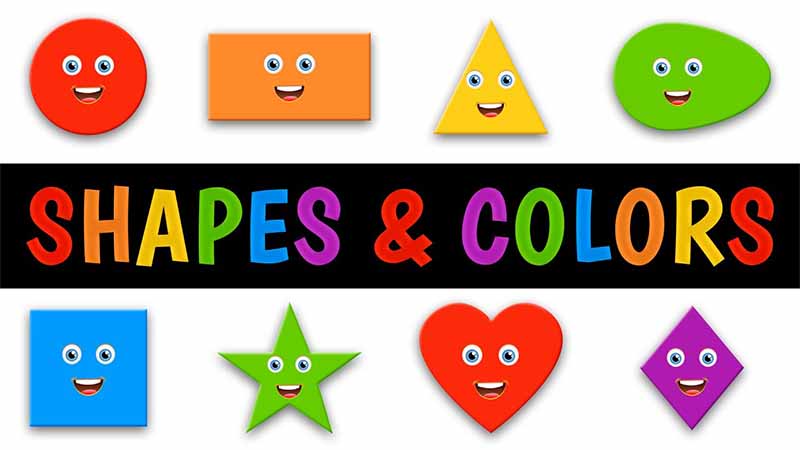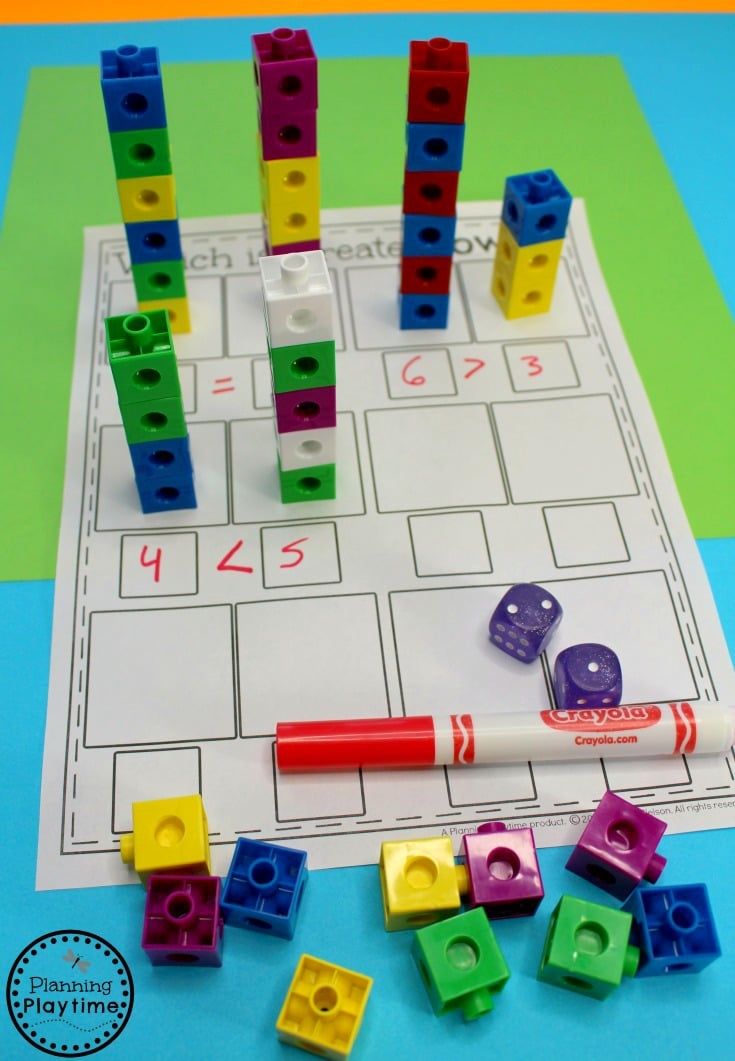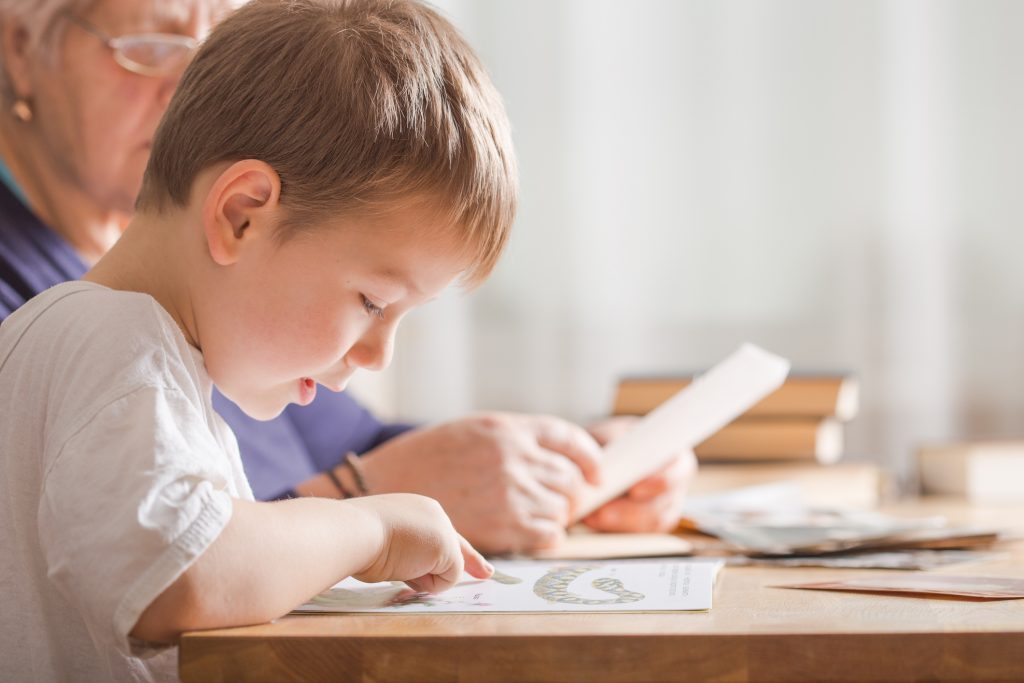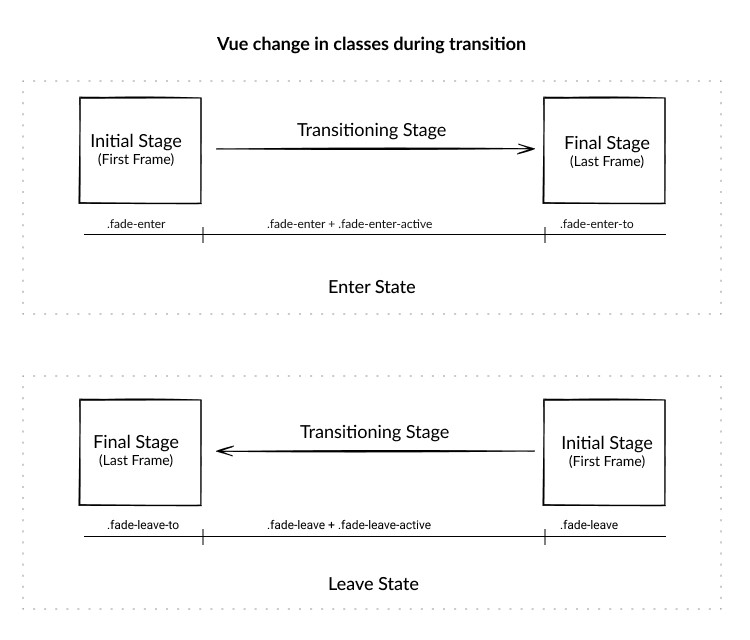Spelling games for students
Classroom Spelling Games for Grades 2-6
Looking for an engaging spelling game to play with your students? Look no further! We’ve collected together a fun list of classroom spelling games suitable for students in grades two to six.
1. Buzz Off Spelling Game
Have students stand in a circle. Choose a person to start and say the word to spell. In succession moving from person to person around the circle, each student says the next letter in the word until the entire word is spelt. The next student says ‘buzz’ and then the next ‘off’ and that final student sits down. Any student whose letter misspells the word also has to sit down. Keep playing until only one student remains standing.
2. Spelling Team Tic Tac Toe #1
Divide students into two teams. Draw a large tic tac toe grid on the whiteboard. Students from each team take turns to orally spell an allocated word correctly. If they are correct, they add an x or o to the grid for their team. First team to three in a row wins the round.
3. Spelling Team Tic Tac Toe #2
Divide students into two teams. Draw a large tic tac toe grid on the whiteboard. Give each team a different coloured whiteboard marker. Students from each team take turns to spell an allocated word directly onto their choice of square on the tic tac toe grid. If they spell the word incorrectly it is erased. First team with three correctly spelled words in a row wins the round.
4. Snowball Spelling Game
Onto a small sheet of white paper write the grapheme for a sound the class has been studying, e.g. ‘ir.’ Scrunch the paper up into a ball. Throw the paper ball to a child who must unwrap the paper and say a word containing that sound. The child then throws the paper ball to another child who has to spell the word. They then throw the ball to another child who has to say a sentence that includes the word. They then throw the ball to another child who starts the sequence again with a new word that includes the sound.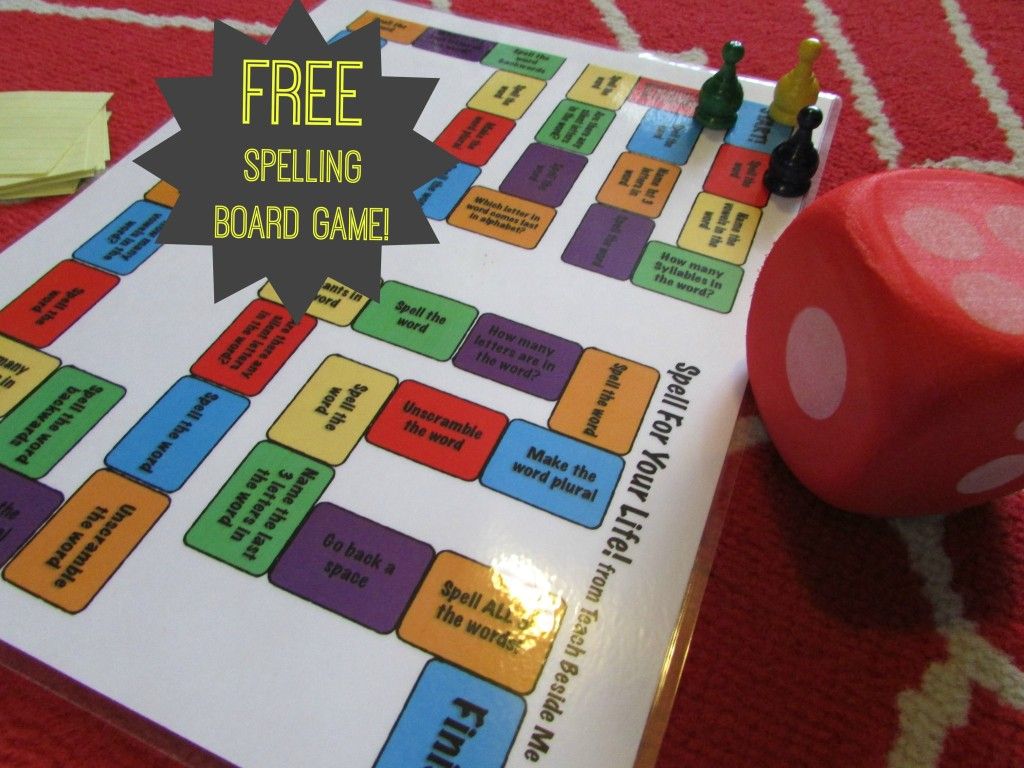
5. Spelling Swat It!
Divide students into two teams. Write the spelling words randomly onto the whiteboard.
Stand the first two players, with their backs to the board, a short distance in front of it. Give them each a plastic fly swat.
Call out a clue to identify the spelling word. For example, “This word means…” or “Rhymes with …” The two players must then race to be the first to swat the correct word on the board. The winner must then turn away from the board and spell the word correctly to win a point for their team.
6. Spelling Word Relay
Divide the students into teams. Each team lines up a short distance away from the whiteboard, facing the board. The first person in each team starts with a whiteboard marker.Call a word for the students to spell. The first student in each team races to the board and writes the first letter of the word and then runs back to pass the marker on to the next team member who writes the next letter of the word, and so on.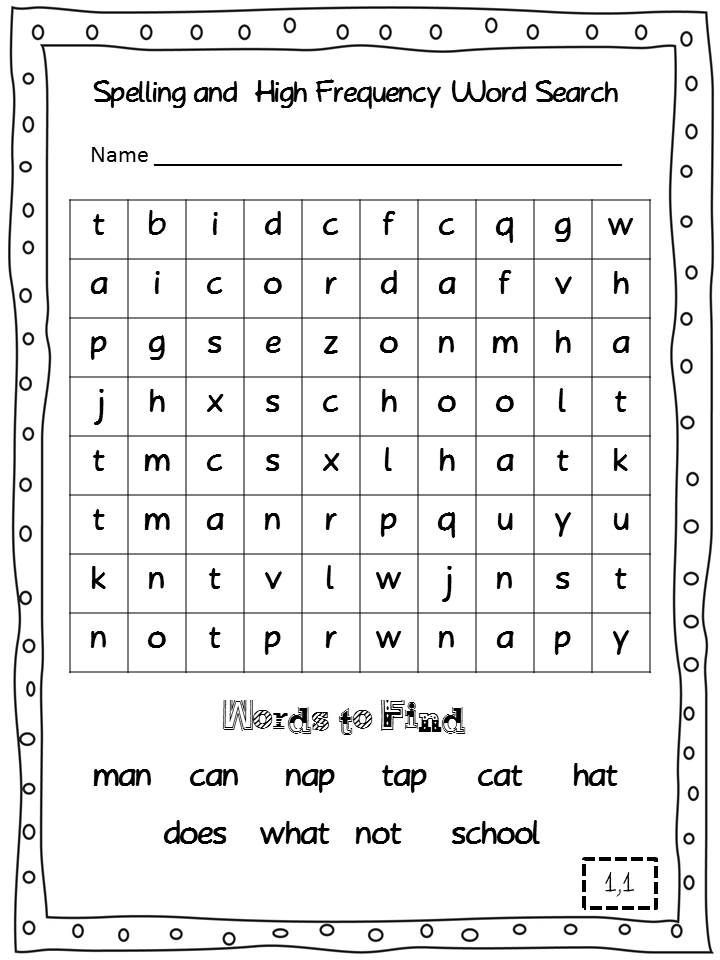 Team members can correct an incorrect letter on their turn but they may not add a new letter. The first team to correctly spell the word scores a point.7. Spelling Who Am I?
Team members can correct an incorrect letter on their turn but they may not add a new letter. The first team to correctly spell the word scores a point.7. Spelling Who Am I?
Write each spelling list word onto a post-it note. Divide students into two teams. The first student from the first team sits on a chair at the front of the room, facing the rest of her team. Place the first post-it note onto the student’s forehead. The goal is for the chosen student’s teammates to give him or her clues to what the word on his forehead is, without revealing the word directly. They can use rhyming words, synonyms, antonyms, guestures, etc. After they guess the word correctly, the student then has to spell the word. If they spell the word correctly, they score a point for their team. Repeat with the first team member from the second team, and so on.
8. Unscramble
Line students up into two or three teams facing the class whiteboard. The first person in each team has a personal whiteboard and a whiteboard marker and an eraser and turns to face away from the class whiteboard.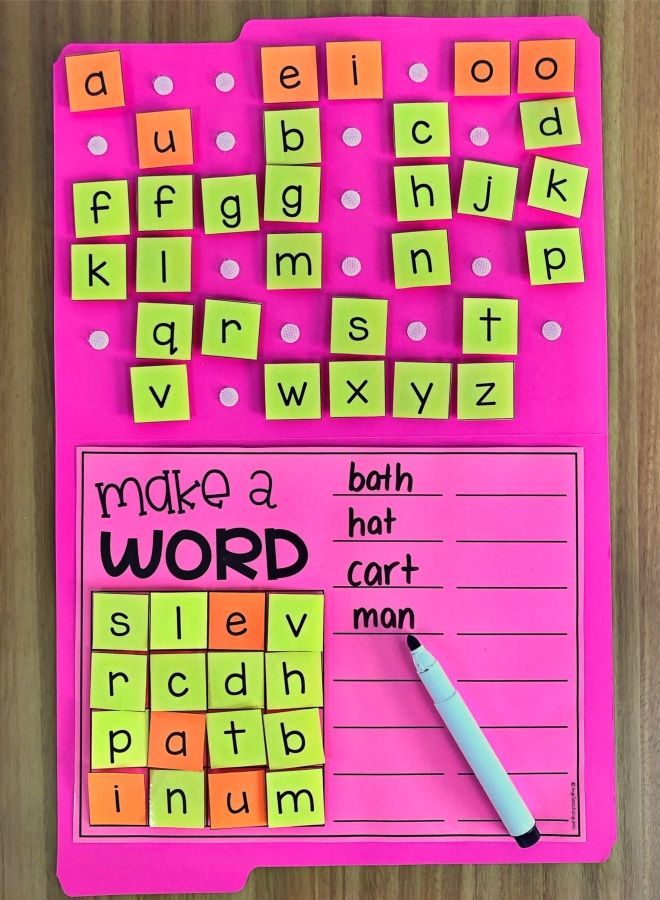 Write a jumbled version of the first spelling word on the class whiteboard. On ‘Go!’ the team members turn to face the board. The first of these students to write the unjumbled word (spelled correctly) onto their personal whiteboard and holds it up to the teacher wins a point for their team. They then pass the whiteboard onto the next team member and play continues with a new jumbled word for each round.
Write a jumbled version of the first spelling word on the class whiteboard. On ‘Go!’ the team members turn to face the board. The first of these students to write the unjumbled word (spelled correctly) onto their personal whiteboard and holds it up to the teacher wins a point for their team. They then pass the whiteboard onto the next team member and play continues with a new jumbled word for each round.
9. Missing Letters
Played in the same manner as Unscramble but the words are written onto the classroom whiteboard with blank lines in the place of some of the letters. For example, b_c_ _se for the word because.
10. Invisible Man
Line students up into two teams facing the whiteboard. Draw two large stick people on the whiteboard, one in front of each team, each must have the same number of body parts. Call out a word for the first member of team one to spell. If they spell it correctly they may erase one body part from the other team’s stick person.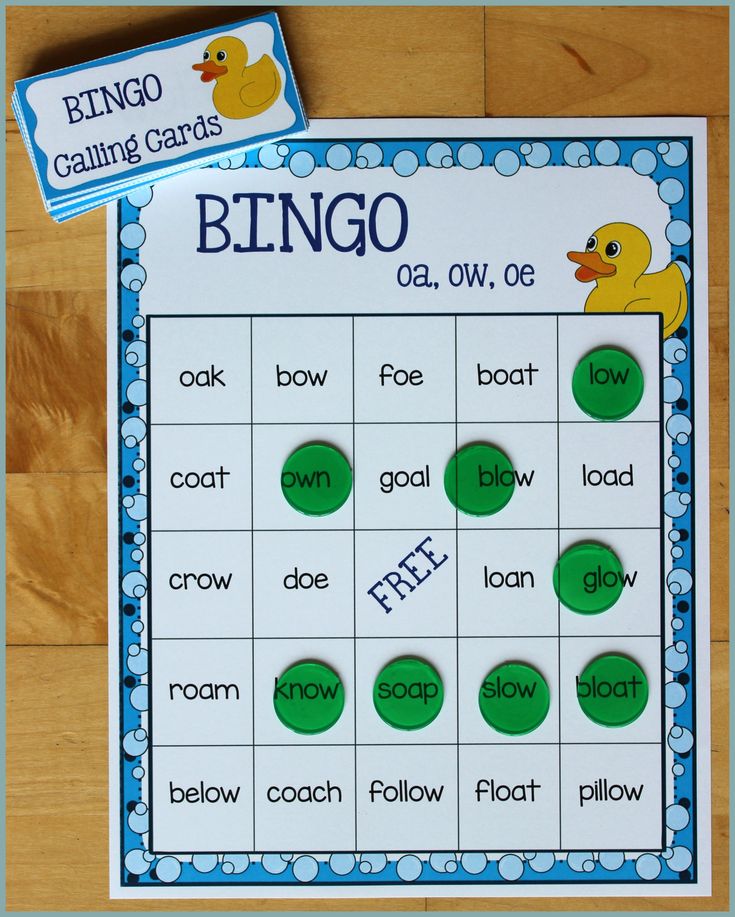 Call out a word for the first member of team two to spell, and continue on until one team’s stick person is completely erased. The erasing team is the winner!
Call out a word for the first member of team two to spell, and continue on until one team’s stick person is completely erased. The erasing team is the winner!
11. Spell-O
Each student chooses five spelling words and writes them onto a piece of paper. Write the alphabet in large print across the whiteboard. Cross out the letters of the alphabet, one by one. As each letter is crossed out, students cross out that same letter as it appears in each of their own words. First student to cross out all of the letters in all of their words wins.
12. Dictionary Challenge
This game works best with students in the upper elementary/primary grades. Divide students into teams. Each team will need a dictionary. Students choose a player from their team to go first. Call out a word. The elected students from each team race to be the first to find the word in the dictionary. The person who succeeds scores a point for their team. The dictionary is then passed to the next person in each team and the process repeated.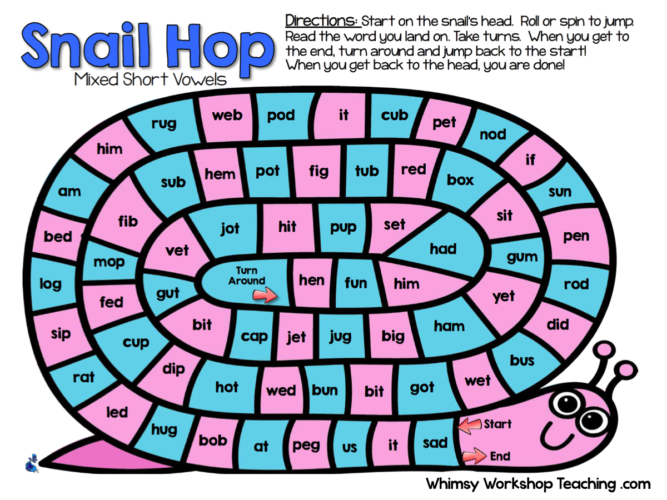
Christie Burnett is a teacher, presenter, writer and the mother of two. She created Childhood 101 as a place for teachers and parents to access engaging, high quality learning ideas.
9 Fun DIY Spelling Word Games for the Classroom
Spelling can be fun to practice in the classroom. These spelling games are perfect for specific spelling words or for reinforcing spelling rules in class. Keep reading to find ideas for fun spelling word games for all levels.
spelling word game with letter pieces
Advertisement
Baseball Spelling
Everyone loves a nice game of baseball! Use baseball terminology and rules to reinforce important spelling words in your language arts lesson.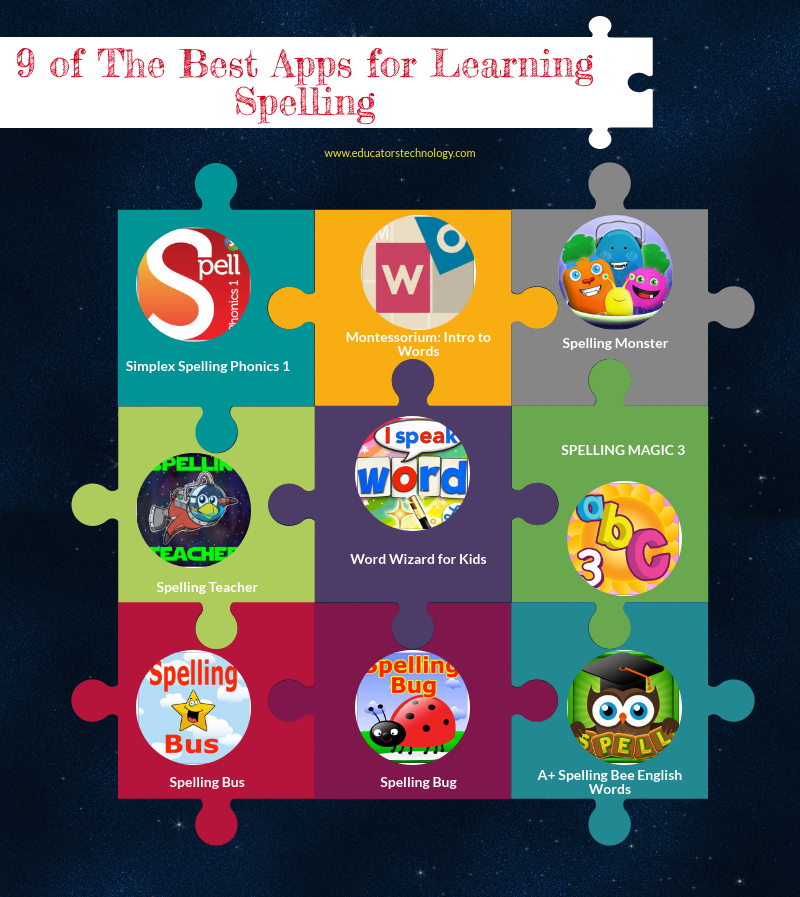
- Draw a baseball diamond on the board (home, first, second, third plates).
- Split the class into two teams. Assign one team as the fielding team and the other as the batting team.
- Have each team write up a “batting order” that includes everyone’s names.
- Have the fielding team choose one “pitcher” to read the words.
- The pitcher reads the first word to the person who is listed first on the batting team’s batting order.
- If the batter gets the word right, they’re on first base. You can indicate this on the whiteboard baseball diamond.
- The pitcher reads the next word to the next batter. If they get it right, they move to first and the previous batter moves to second.
- If someone spells a word wrong, they strike out. When there are three strikeouts, the teams switch and the fielding team gets to “bat.”
Play as many innings as you need for everyone to get a turn and to review all the spelling words. Students can either stand in front of the class when they’re “at bat,” or they can spell from their seats.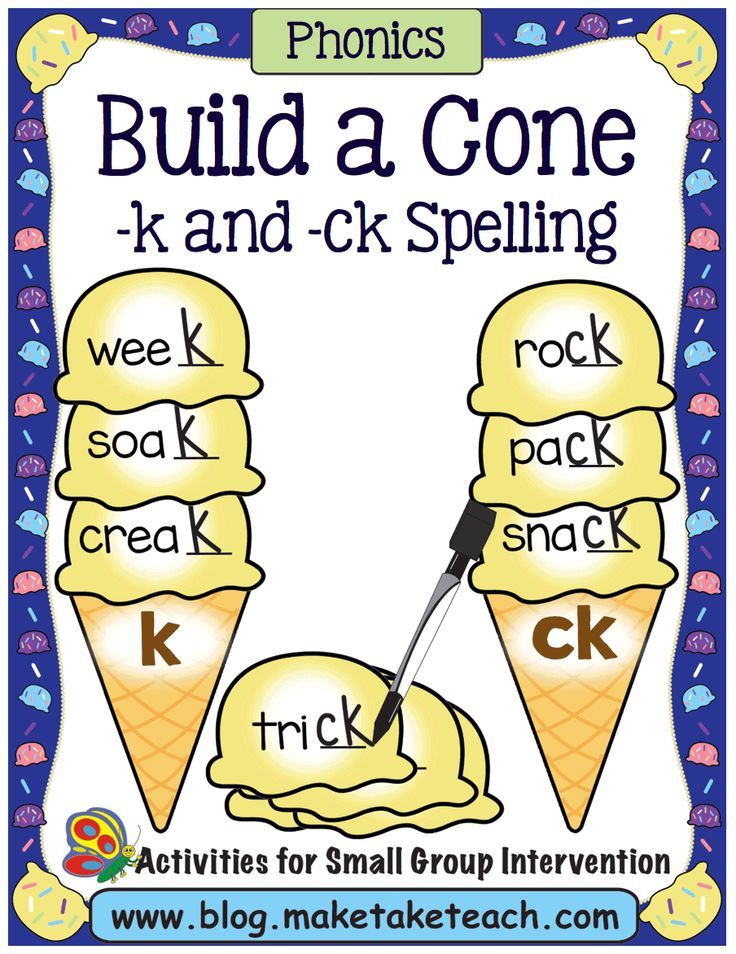
Board Races
Students love writing on the board, running in the classroom and competing against each other – it’s a perfect fit! You can play board races with any subject, but it’s especially helpful for spelling because it’s so visual.
- Split the class into two or three teams, depending on how many students you have.
- Read the first word on the spelling list.
- The first student on each team races up to the board and writes out the word with its proper spelling. This includes capitalization for proper nouns.
- Whoever spells the word correctly (and legibly) gets a point for their team.
- Repeat the game until you’ve run through all the spelling words a few times.
For an extra challenge, use alphabet magnets instead of dry-erase markers for students to arrange in the correct spelling. You can also use this game to practice dictionary skills by calling out extra hard words that they’ll need to look up.
Catch the Spelling Word
Work on your students’ hand-eye coordination as well as their spelling.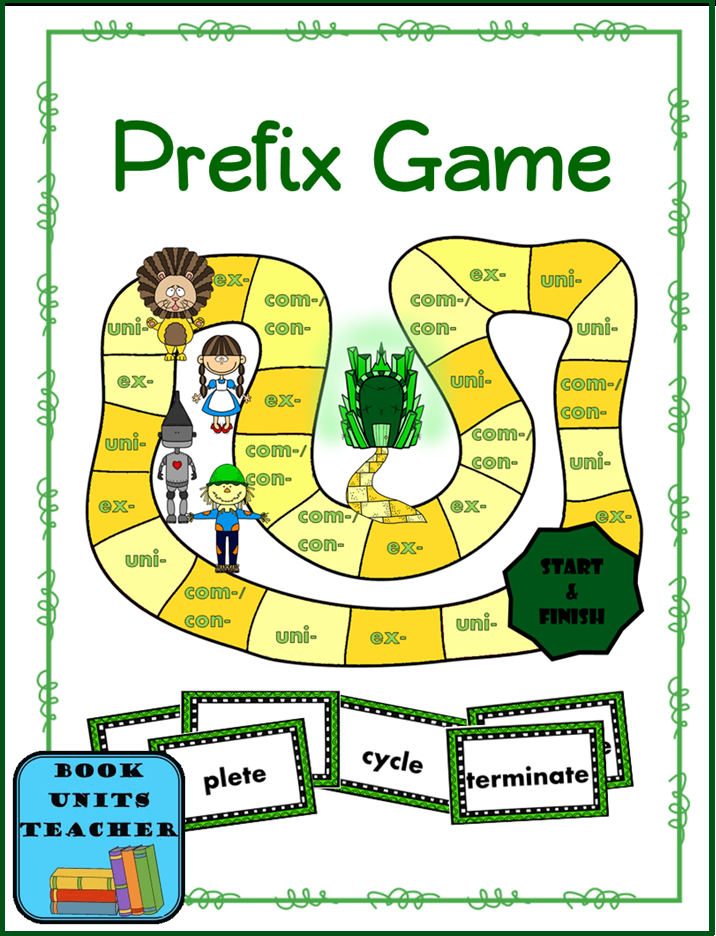 All you need is a spelling list and something soft to throw back and forth.
All you need is a spelling list and something soft to throw back and forth.
- Divide the class into small groups of 4-5 people.
- Get an inflatable ball, stuffed animal or anything that students can throw without hurting each other for each group.
- Have one group come to the front of the class with the ball.
- Set a timer for one minute.
- Read the first spelling word.
- The student with the ball says the first letter of the word.
- If it’s correct, they toss the ball to another student, who says the next letter.
- If it’s incorrect, they sit down and the next group stands up.
- If they drop the ball, they sit down.
- Once they’ve correctly spelled the word, read the next word.
- Repeat until the group’s minute is up. The group gets points for every word it has successfully spelled.
- Have the next group come to the front of the class.
You can adapt the game for groups to play at the same time or even for pairs to play.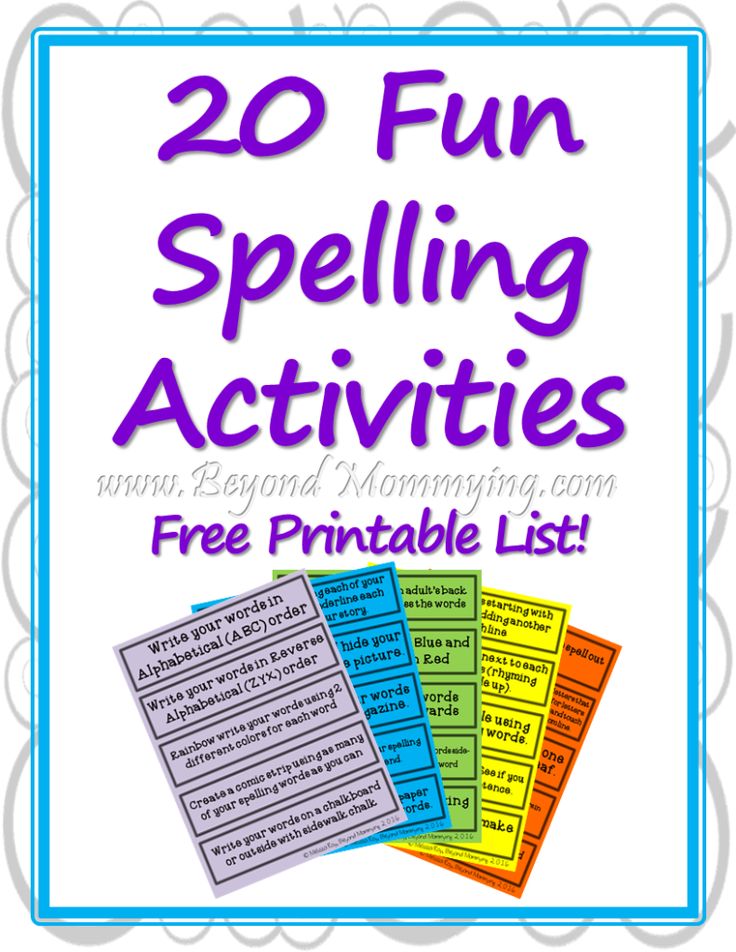 Middle and high schoolers may especially enjoy the physical part of tossing the ball back and forth.
Middle and high schoolers may especially enjoy the physical part of tossing the ball back and forth.
Advertisement
Disappearing Spider
Disappearing spider is played like hangman (or hang spider) in reverse. This is an entertaining and competitive game that is perfect to play right before a spelling test.
- Split the class into two teams.
- Draw two stick-figure spiders on the board, each with the same 10-15 body parts.
- The first person on the first team says the word, spells it and says it again.
- If they are correct, they erase one part of the other team's spider. If the word is spelled wrong, it is the next team's turn. Keep going until one spider is no longer visible on the board.
If your class wants to be more creative, have them choose another animal to be their team mascot. One student can draw the animal on the board, and the other team can erase parts of it when they get the spelling words right.
Advertisement
Kaboom
If you need a whole-class spelling game to play with a list of spelling words, try kaboom.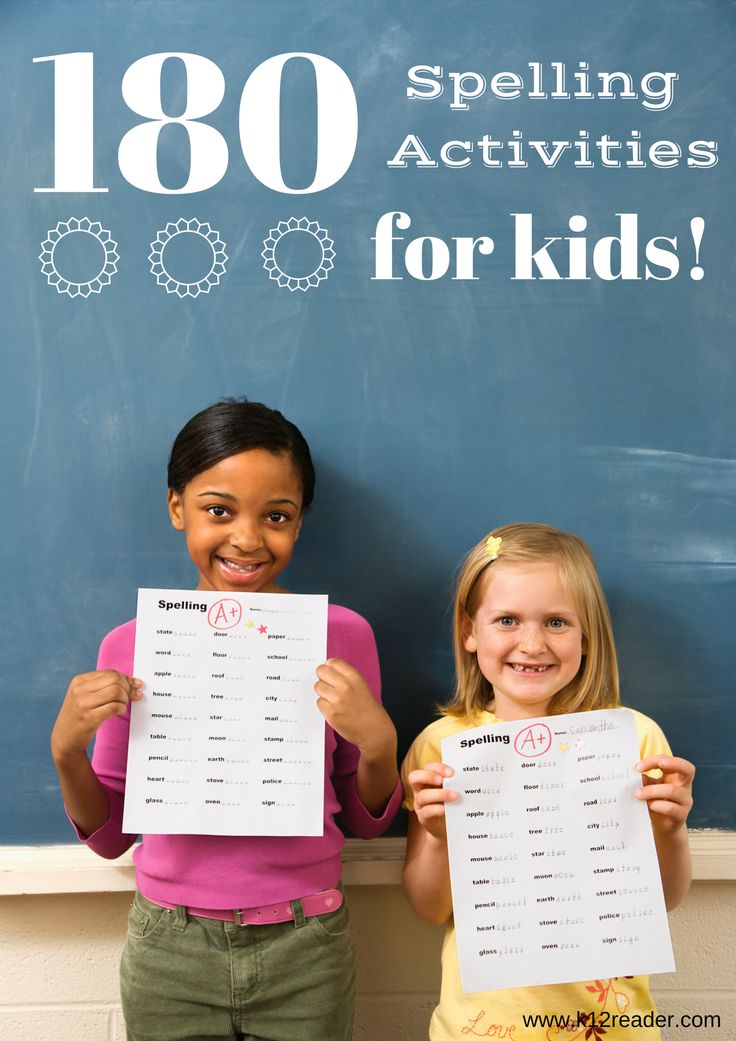 This game requires enough Popsicle sticks for every student to have at least two.
This game requires enough Popsicle sticks for every student to have at least two.
- Write the spelling word on Popsicle sticks and put them in a cup. For every five words, add a stick with "KABOOM" on it. If there are 20 words, there would be four extra “KABOOM” sticks.
- The first student picks a stick without looking and hands it to the teacher.
- The teacher reads the word. The student spells it out loud.
- If the student spells it correctly, they keep the stick. If they spell it wrong, the stick goes back into the jar.
- When a student picks the “KABOOM” stick, they have to put all the sticks that they have collected back into the pile.
- The game is over when there are no sticks left in the jar. The student with the most Popsicle sticks is the winner.
If you don’t have Popsicle sticks, you can use pieces of paper or other supplies. You can also assign a student judge who has all of the words available to double-check their classmates’ answers.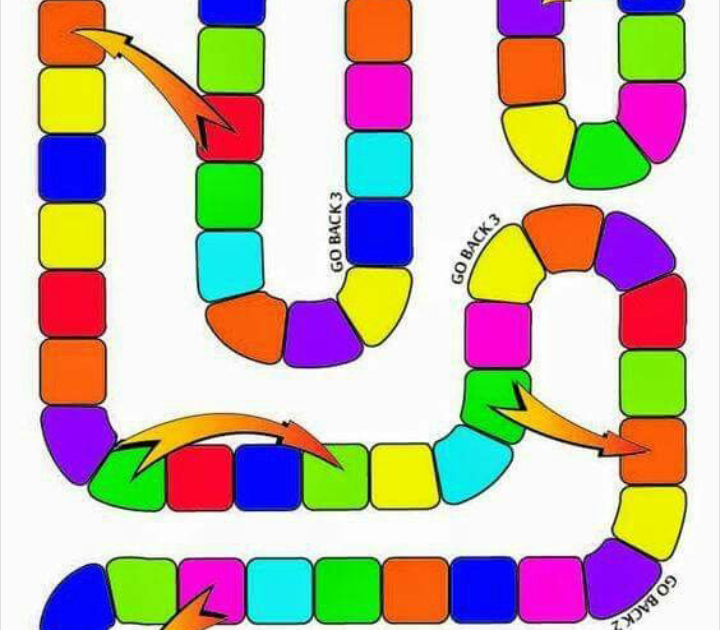
Sparkle
Sparkle is a great game to practice spelling with a little competition. You can play sparkle as a whole class or split the students into smaller groups. It’s also a great way to pass the time when students need to wait in line for a long time.
- Have students stand in a circle or straight line.
- Choose a student to call words out or call them out yourself. For example: “window.”
- When the first word is called out, the first person starts spelling it, saying only the first letter (“w”).
- The second person says the second letter (“i”). If a student says the wrong letter, they sit down or leave the circle.
- The third person says the third letter (“n”) and so on, until the word is spelled correctly.
- Whoever says the last letter of the word turns to the next person and says "Sparkle!” The person who would have been next is out because he or she got "sparkled."
The game continues with the leader calling out another word.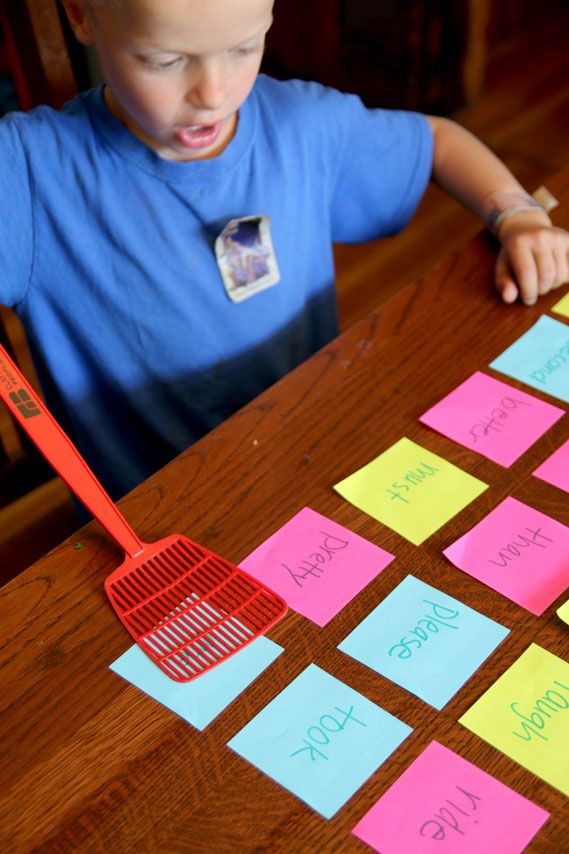 The game continues until everyone is out except for one player, who is the winner.
The game continues until everyone is out except for one player, who is the winner.
Advertisement
Spelling Bee
Little kids can participate in a spelling bee game without the pressure of competition. This elementary spelling game is fun for young readers and older elementary students alike.
- One student is the bee and buzzes around the room while the students chant: "Buzz, buzz, spelling bee, you can't sting me!”
- The bee stops behind a desk and the teacher gives that student a word to spell.
- If the student spells it correctly, then the bee has to sit down and the student is the new bee.
- If the student is wrong, the whole class spells it together.
- Continue until every student has a chance to spell.
Another thing to do to keep the other students involved is to have them do a "thumbs up" or "thumbs down" after the student spells the word. You can also have the students sit in a circle in a similar way to the game duck, duck, goose.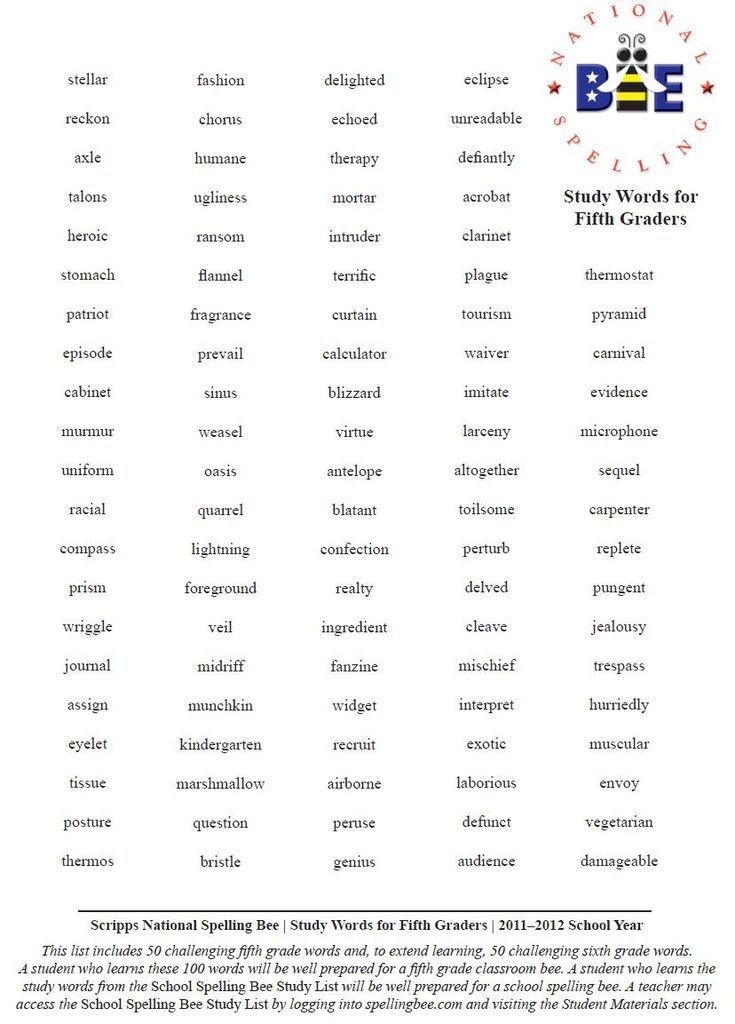
Step and Spell
Step and spell uses a shower curtain that has the letters of the alphabet taped or written on it. You’ll also need a "start" and "finish" spot written onto the shower curtain.
- Spread out the shower curtain on the floor.
- The students sit on the floor around the shower curtain.
- One student stands on the "start" box. The teacher reads the first spelling word.
- The student goes to the first letter of the word, stands on it, says the letter, and goes on to the next one, finishing on the "finish" box.
- If they make a mistake, they start all over again.
For an extra challenge, arrange the letters on the shower curtain in keyboard (QWERTY) order. If you don’t have a shower curtain, you can write the letters on pieces of paper and spread them on the floor. If you’d like to play outside, write letters in chalk on the asphalt and have kids jump to the right ones.
Advertisement
Treasure Words
Spelling words correctly can be a treasure, but students don’t always know that! Send them on a treasure hunt for new spelling words with a game of treasure words.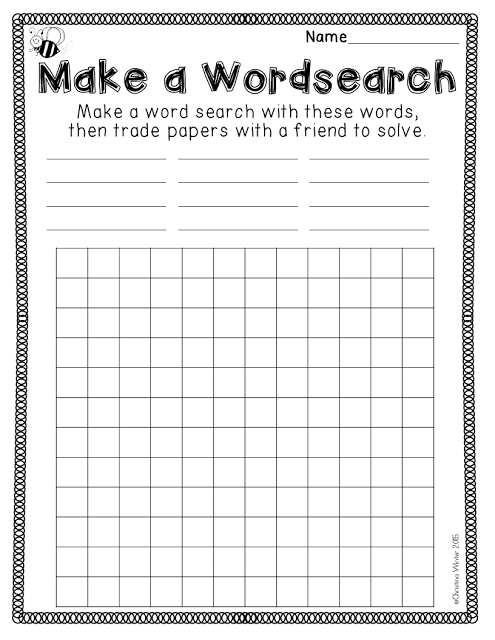
- Write the spelling words on index cards and hide them in plain sight all over the room. You can tape them to walls, windows or wherever.
- Put the students in pairs and give each pair a spelling list.
- They find the word and one student turns his back to the word and spells it.
- The second student puts a check by the word if it was spelled correctly. Then they switch places and do it again.
- If the student spells it wrong, have them look at it again and do it over.
- By the end of the game, they will have two checks by each word.
This is a great activity because the students are seeing, saying and hearing the word. It’s best used when introducing spelling words to the class at the beginning of the week or a language arts unit.
Games Make Language Arts Fun
Drilling spelling words is boring for students, making it ineffective. Engaging class activities help students internalize spelling rules and practice high-frequency words.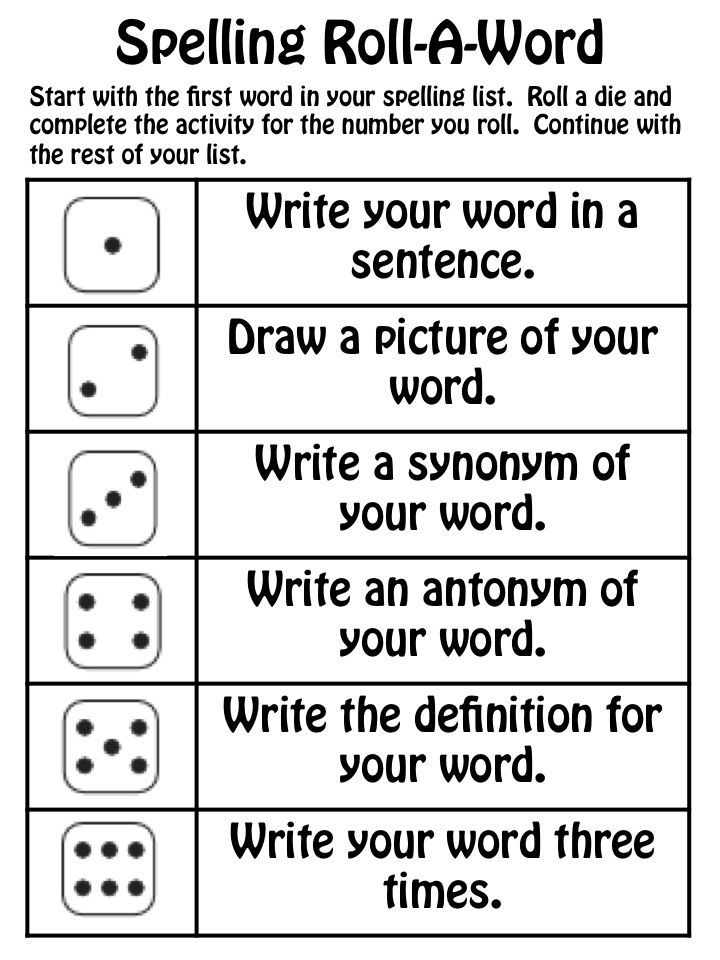 Use this list of fun spelling games for the whole class and small groups.
Use this list of fun spelling games for the whole class and small groups.
After playing these games in class, students are sure to enjoy language arts a lot more. Keep the fun going with these cool grammar activities, or reinforce parts of speech with a collection of noun games.
Staff Writer
Spelling games | Educational and methodological material on the Russian language on the topic:
SPELLING GAMES.
1.Check Dunno.
Dunno played with words, making one word out of two. Check if he
composed the words correctly?
Paul+Osa = stripes
Kol+Osa = colosses
OG+Wasp-fits
Tooth+I = teeth
oak+b+I = Dubya
2. Who quickly correct the errors. (Subject: Capital letter)
The cards have misspelled text.
Task: Find and correct all capitalization errors as quickly as possible.
3. Read the offer. (Topic: Case endings.)
Cards are made from an album sheet on which sentences are written, but instead of nouns, the corresponding figures are placed.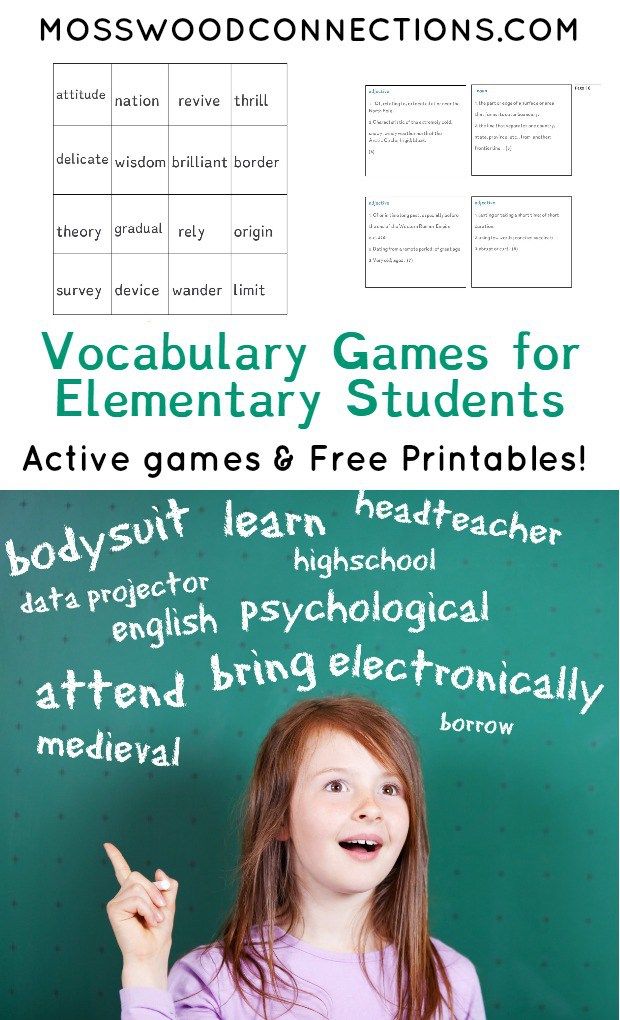
Assignment: while reading a sentence, students use pictures to name nouns in the appropriate case, choosing the correct ending.
4. "Choose three words" (The game is used to reinforce any topics in the Russian language)
Purpose: To follow the formation of spelling skills, taking into account the stage of work on spelling.
The choice of words depends on the topics studied or covered.
Nine words are written on 9 cards:
1st set: fish, blizzard, stocking, oak trees, jam, scarecrow, streams, plague, mushroom.
2nd set: entrance, warehouse, crow, hail, filming, treasure, gate, rise, sparrow.
Bread
CLU-KA
Kali-Ka
Bere-kiki
FILKI
Obl-ki
Pied KI
Marty-ka
Redi-ka
Du-ki
Lo-ki
Tetra-KA
CLA
Tra-
Carko-Ka
Li-KI
Ostro-oki
Promotion-KA
Blue 9000 9000
Refined
Tasks:
Explain spellings by choosing test words.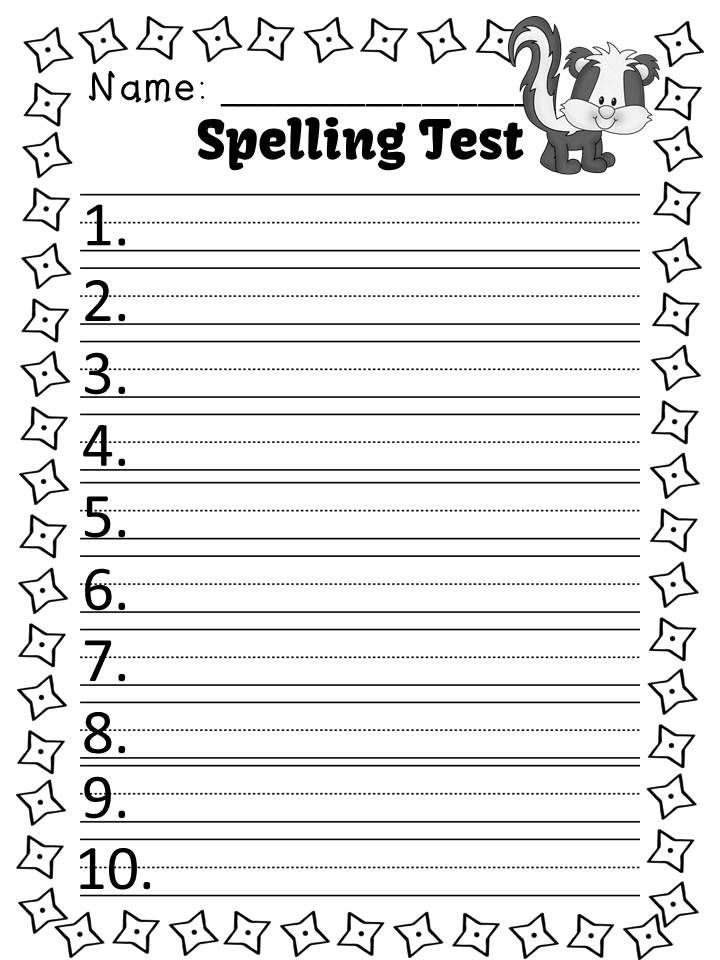
6. Game "Ball"
Didactic task: Repeat the formulation of clarifying questions and case endings.
Game objective: Help the proposals get to the Ball.
Contents of the game:
Ball in the Grammar Kingdom today. There were many proposals for it. But the sentry will not let them into the palace until each noun from those who have appeared has its conjugation indicated. Help the proposals get to the Ball. What questions does the clock noun ask?
Materials:
A table is drawn on the board, the halves of which are separated by a sentry. The proposal is analyzed by one student, tips from the class are accepted.
Cherry blossoms in May Mother gave her son a book Swallows are returning from Africa A hare feeds on tree bark Sister came to her brother Sasha wrote a letter A fox hid behind a bush, etc. H a s o v o y In (what?) May blooms (what?) bird cherry. etc.
7. Game "Find the ending"
Didactic task: Repeat the case endings of nouns.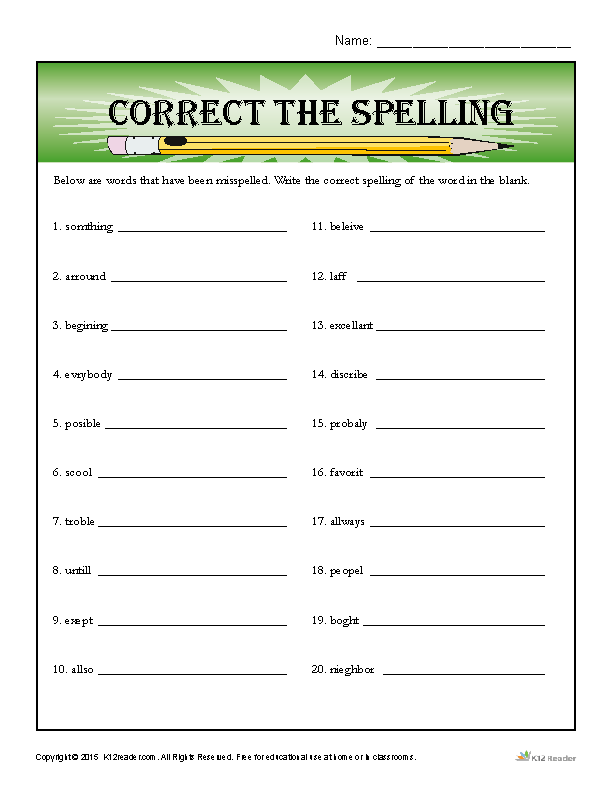
Game task: Find the endings of some words in sayings.
Content of the game:
“The ending is a very changeable, moving part of a word. She can easily get lost. Find the lost endings for these proverbs.”
Materials:
Cards
- Pick the berries... you will find the box.
- Drop by drop... and the stone hammers.
Without a primer and grammar... Mathematics cannot be learned...
8. The game "Nicknames"
Purpose: formation of the process of inflection and word formation, consolidation of phonetic and grammatical analysis of words, spelling of proper names.
Move: Form animal names from the following words:
BALL, ARROW, EAGLE, RED, STAR
Make proposals.
BALL, ARROW, EAGLE, GINGER, STAR
Highlight the part of the word that you used when composing nicknames (suffix, ending).
9. Game "Team chain game"
Didactic task: Complete the appropriate nouns in the accusative case.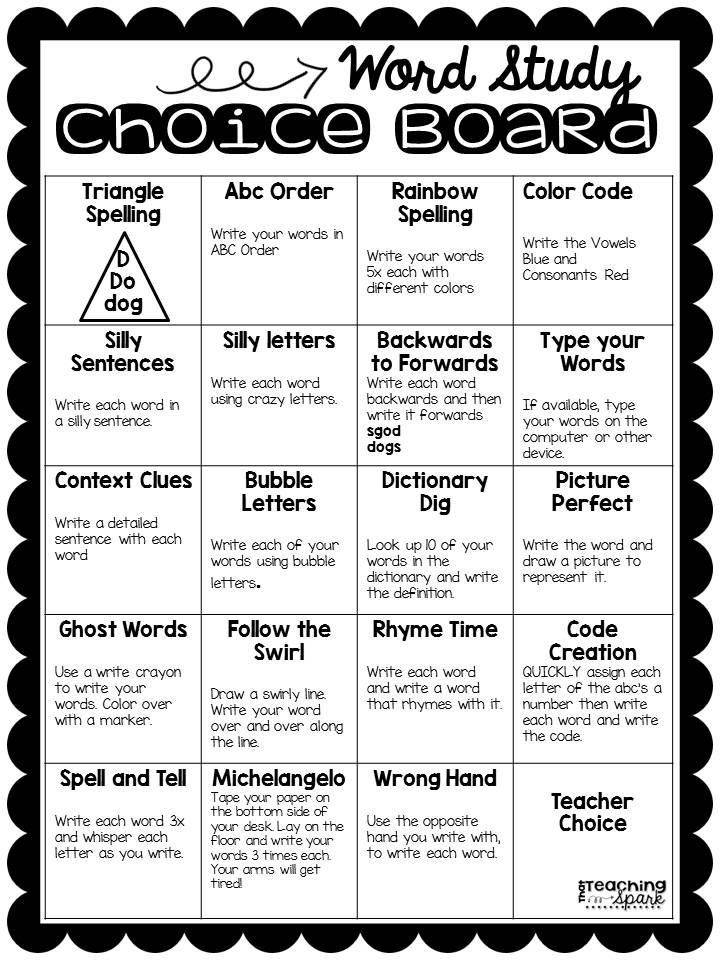
Game objective: Make the chain as long as possible.
Contents of the game and Materials:
- Listening to music, mom...
- I am writing a dictation, a letter,...
- They are building a tower, a house,... etc.
10. The game "Hard - soft"
Purpose: to create conditions for repeating the spelling of hard and soft characters.
Students are divided into two teams. One team is called “Stone”, the other is called “Water”. The “Stone” team gets up if I read a word with a hard sign, if I read a word with a soft sign, the “Water” team gets up.
Words: congress, drive in, blizzard, pours, entrance, pour, announcement, stakes, runners, detour, ears of corn, drink, shooting, etc.
11.Game: Be careful.
Purpose: to activate memory, attention, vocabulary, based on knowledge of the rules.
Write out from the proposed poems with combinations of zhi, shi:
1. Siskins lived in a hut,
Mice, hedgehogs, swifts,
Walruses come to visit them
Both giraffes and snakes.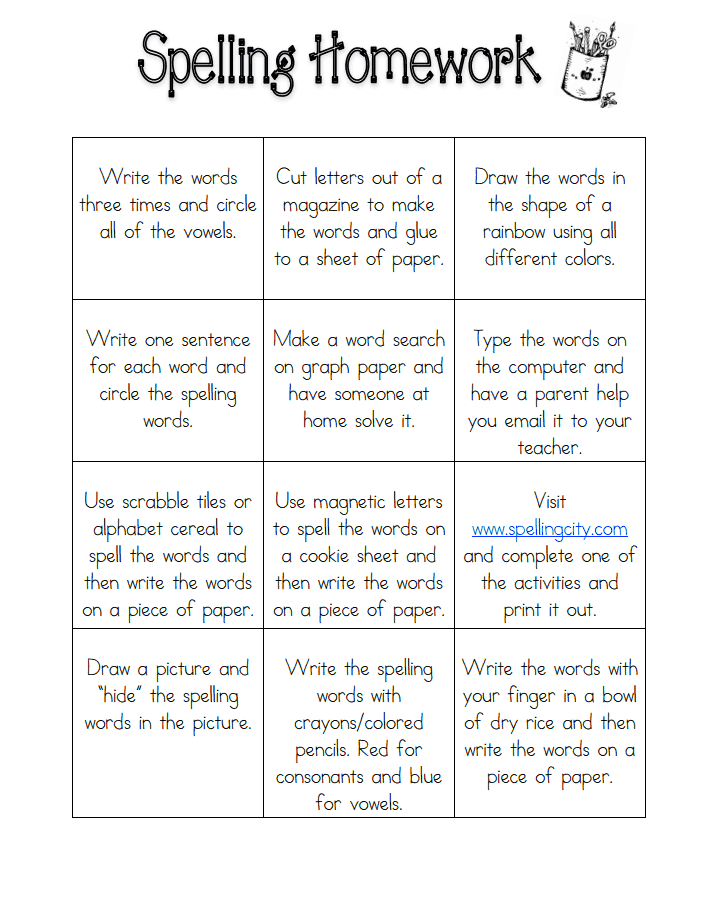
2. Vest, animal, belly,
Giraffes, painting, lives,
Briar, tires, reeds,
Cars and pencils,
Circle, serve, be friends and live,
Hurry, make laugh,
Hiss and sew.
All combinations of ZhI and SHI
Only with the letter I write!
12. Game: Slovoznaikin, give me an answer.
Purpose: to determine the level of development of children, to develop memory, thinking, speech.
Children are invited for a certain time to remember and write down as many proverbs and sayings, riddles and quatrains as possible, in which words and a given rule are found - "Spelling of words with combinations of zhi, shi." For example:
Proverbs and sayings:
Life is given for good deeds.
You can't hide an awl in a bag.
If you hurry, you will make people laugh.
To live life is not a field to cross.
Friendship is like glass, if you break it, you won't stick it together.
Riddles:
Two birch horses
They carry me through the forest.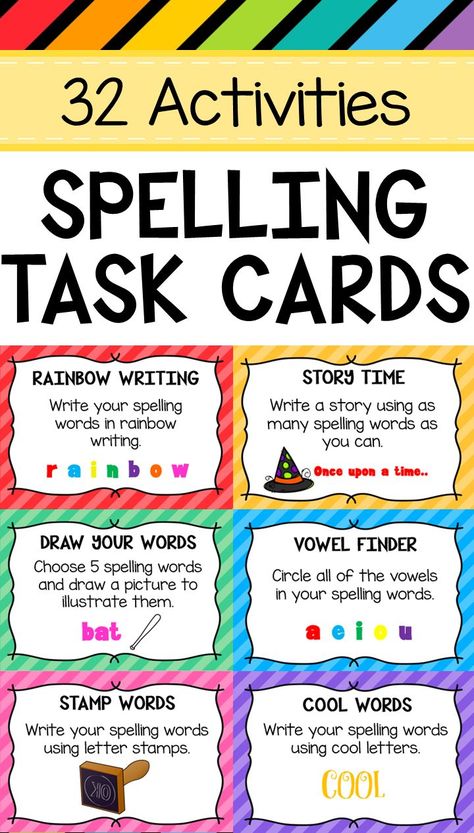
These red horses,
And their name is ... (skis).
He is tall and spotted
With a long, long neck,
And he eats leaves,
Leaves of trees (giraffe)
Quatrain:
She sewed a fur coat - she sewed a skirt,
She sewed a hat - she sewed a slipper!
Good seamstress Natasha!
13. Game: Change the letter.
Purpose: to intensify the mental activity of students, develop spelling and phonetic vigilance, attentiveness, logical thinking.
Children are offered the original word with a spelling, they change either one or two sounds in it sequentially, while maintaining the combination -chk-, and receive new words. The one with the most words wins.
daughter pen
barrel river
night candle
bump stove
point kidney
cloud daughter
wheelbarrow night
14. Game: Name one object.
Purpose: to develop methods for checking unstressed vowels.
The teacher says a word denoting many identical objects, and the students name one such object and explain what vowel should be written in the root of the word.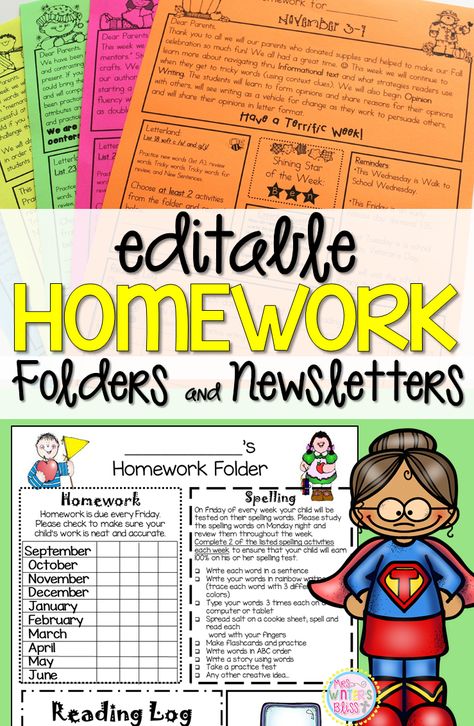 For a correct answer, the row receives a point. The winner is determined by the number of points.
For a correct answer, the row receives a point. The winner is determined by the number of points.
Sample material: words: doctors, eyes, rooks, gardens, basins, balls, sides, rains, yards, moles, seas, knives, fruits, fields, horns, etc.
15. Game: Capital letter.
Purpose: to reinforce the rule of capitalization in words.
Equipment: each student has a set of signal cards.
The teacher invites the class to listen carefully to the poem. Then the students mark with signal cards, all the rules for writing a capital letter, which are mentioned in the poem. Next, you need to protect each of your answers, that is, explain which rule is fixed. The winner is the one who manages to protect all signal cards.
An ordinary letter has suddenly grown, The letter
Has grown above the letters - girlfriends At the line at the beginning,
They look with respect So that we notice the beginning.
In the letter of a friend, First name, last name
But why? Are written with her,
For what merits? To be more noticeable and more visible,
To sound loud and proud
The letter did not want to grow by itself, Your name
The letter is entrusted with an important task: The name of the street, city.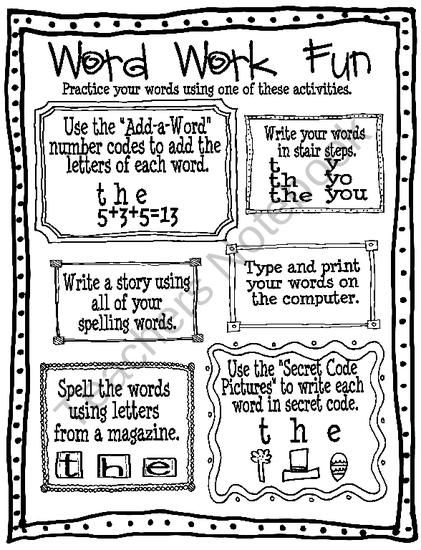
Put in the word Large letter -
Not in vain and not easy Not at all empty,
The letter is so tall.
In a big letter -
Respect sign. (S. Izmailov)
16. Game: Half a minute for a joke.
Purpose: to fix the spelling of the capital letter in animal names.
Equipment: the board contains the names of those animals that are found in Yu. Chernykh's poem: a dog, a chicken, a cow, a cat, a horse.
The teacher asks the children to listen carefully to the poem and say what is wrong with it. The correct answer is rewarded with a game token. Some children add nicknames to the names of animals on the board, while the rest do this work in a notebook.
Once upon a time there was a grandfather and a woman
With a little granddaughter.
They called their red cat
Zhuchka,
And they called Crested
They called the foal,
And they also had
Burenka hen,
Murka dog,
And two more goats -
Sivka and Burka.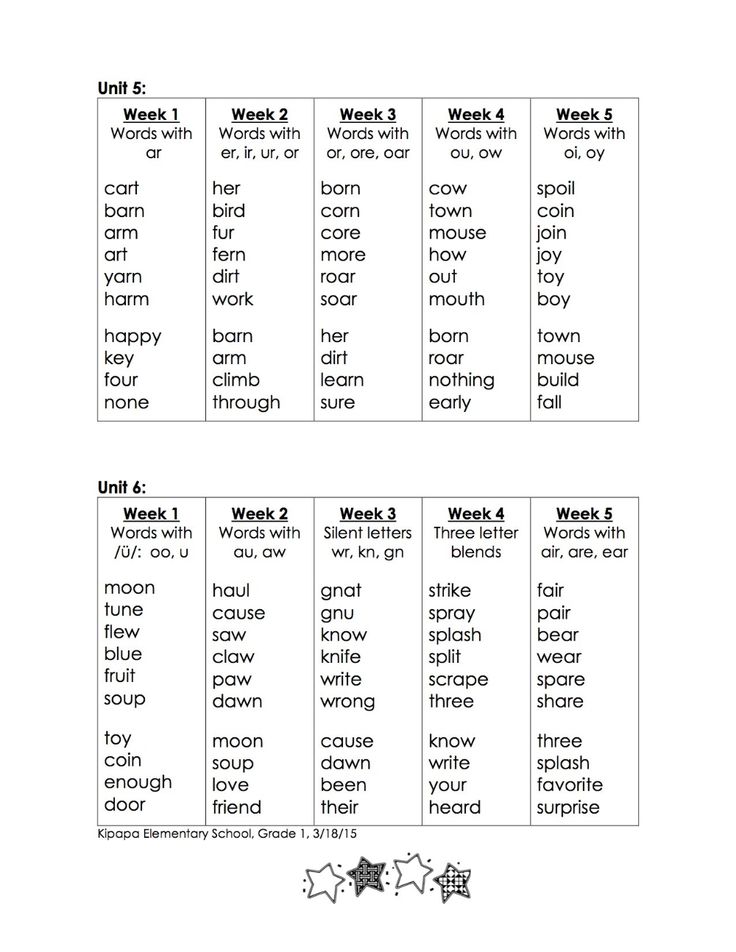
17. Didactic game "Be careful."
Purpose: to activate memory, attention, vocabulary, based on knowledge of the rules.
From the proposed poems write out words with combinations of zhi, shi:
1. They lived in a hut of siskins,
Mice, hedgehogs, swifts,
Walruses come to visit them
And giraffes and snakes.
2. Vest, animal, belly,
Giraffes, painting, lives,
Briar, tires, reeds,
Cars and pencils,
Circle, serve, make friends and live,
Hurry, make laugh,
Hiss and sew.
All combinations of ZhI and SHI
Only with the letter I write!
Constellation of excellent students - Spelling games
1. Vegetables, fruits, berries
Purpose - to consolidate the spelling of words with a capital letter.
Write in a notebook the names of vegetables, fruits, berries that you know.
How are these words spelled?
Can they be capitalized?
2. Two sentences
The goal is to fix the spelling of words with a capital letter.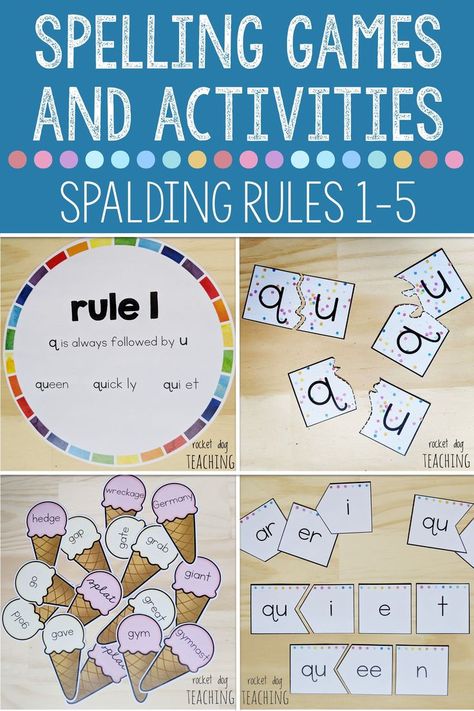
Make sentences with the words Frost-frosts, Starlings-starlings, etc. Write it down.
3. How to turn...
The goal is to fix the use of b in words as an indicator of the softness of the consonant.
Turn: chalk into a shallow place.
fuel angle.
sixth in number.
4. How do you spell it?
Purpose - to consolidate the continuous and separate spelling of prefixes and prepositions.
How to write a sentence correctly with open brackets?
The sun hid (behind) the fence.
Kotofey Ivanych
Climbing (over) the forest -
Take a walk for the night.
Ya. Kozlovsky.
5. Questions - riddles
Purpose - to consolidate the knowledge that the preposition is an auxiliary part of speech.
Answer tricky questions:
a) Which two prepositions can be used to make the name of a pet? (to)
b) The name of which tree consists of four prepositions? (s-o-s-na)
c) When does the personal pronoun we consist of two prepositions in the indirect case? (na-s)
6.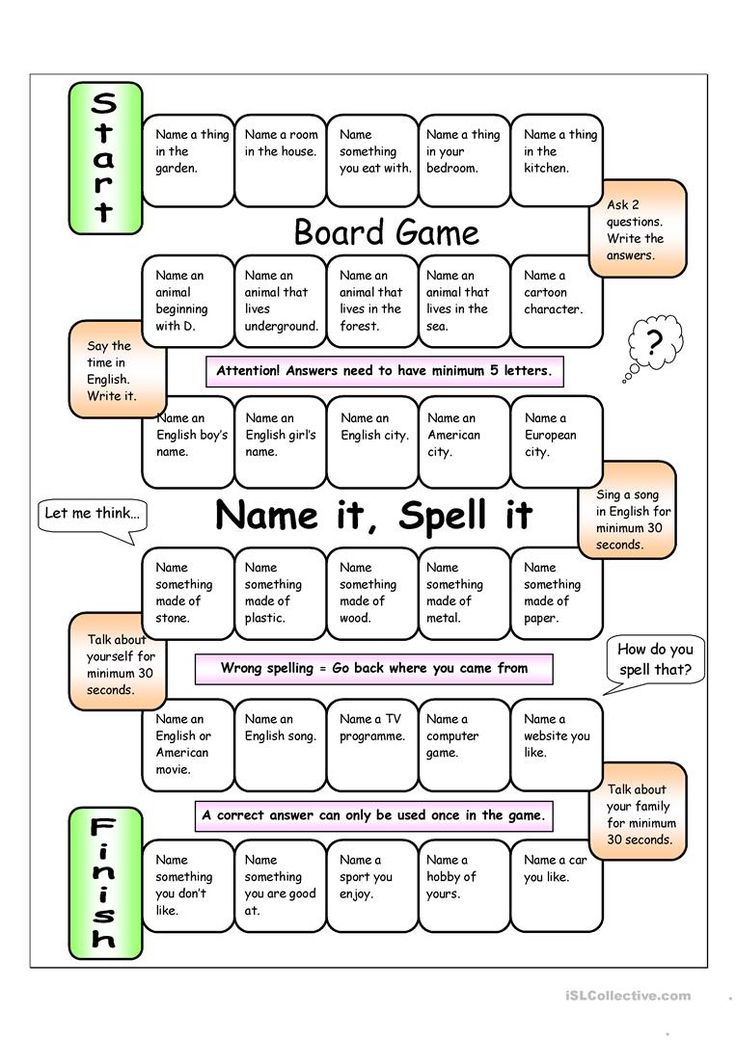 You can't transfer
You can't transfer
The goal is to work out the rules for word wrapping.
Write 5 words in which there are two syllables, but these words cannot be transferred, (iron,
deer, family, food, neck-).
7. Composers
The goal is to develop speech, a sense of the unity of the text.
Option one.
The teacher pronounces the beginning of the story (the final phrase, the middle of the story), the students must think of the whole story.
Option two.
The teacher suggests the topic of the work. One student starts, the second continues, the third completes the story (you can expand the number of participants).
Option three.
The teacher suggests the topic of the work and the genre, the students compose the text.
Fourth option.
The teacher offers the heroes of the work, the children themselves choose the topic and genre and compose the text.
8. How many words?
Purpose — to fix the spelling of unstressed vowels in the root of the word, checked by stress.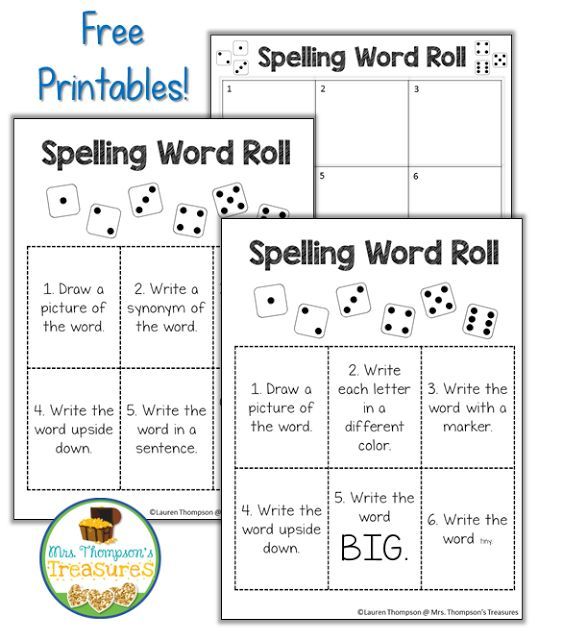
Words written: approx. e and e and ..det, sl. e and .. hall, b. a o ..chok.
How many words can you write down? Choose a test word and make a sentence
.
9. What is the correct word?
The goal is to practice the correct use of case forms of nouns.
Choose the correct option:
Fish don't have teeth
Fish don't have teeth
Fish don't have teeth
(The correct answer is - Fish have teeth.)
10. Gather three “bouquets” (“a basket of fruits and vegetables”)
The goal is to practice the type of declension of nouns.
Select the words - the names of colors in the VAZ - declination:
I
Camomile
rose
lily
II
Tulip
Bell
Vaslek
III
Lilac
General
11 Funny Mosaic
Purpose - to teach how to make sentences.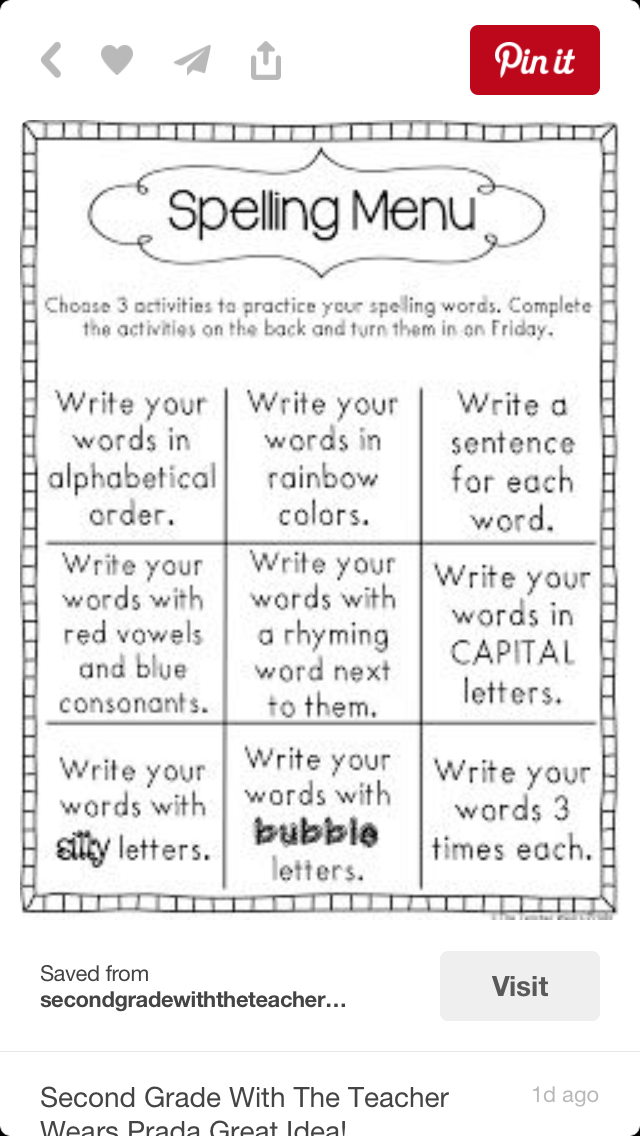
Without rearranging letters, write down 7 sentences from this letter -combination:
Now are he undergoing
(now I, raise too.
those feathers, also.
those feathers under it and those too.)
900012 Correct mistakes
The goal is to teach how to write sentences with the correct word order.
Editing sentences:
I was with Borya at the cinema, where he graduated from the fourth grade.
(I was at the cinema with Borey, who graduated from the fourth grade).
The boy was pouring compote into glasses from the saucepan.
(The boy stuck the compote from the pot into the glasses)
Baikal's puppy has ears and a fluffy tail merrily sticking out on top of his head.
(Baikal puppy has a fluffy tail and ears on top of his head)
In winter, many animals hibernate.
(Many animals go to sleep in winter)
13. Magical sentences
The goal is to teach how to compose palindrome sentences.

